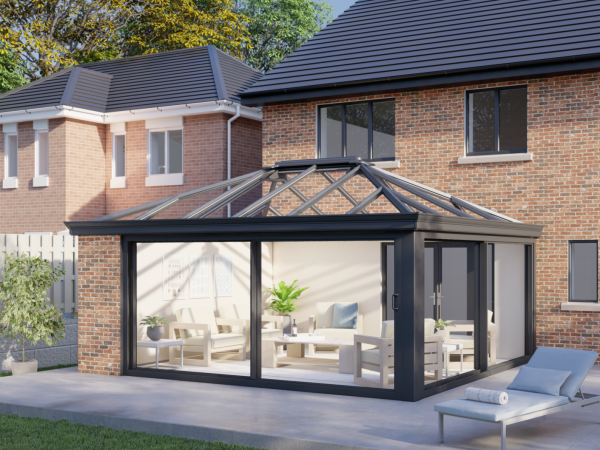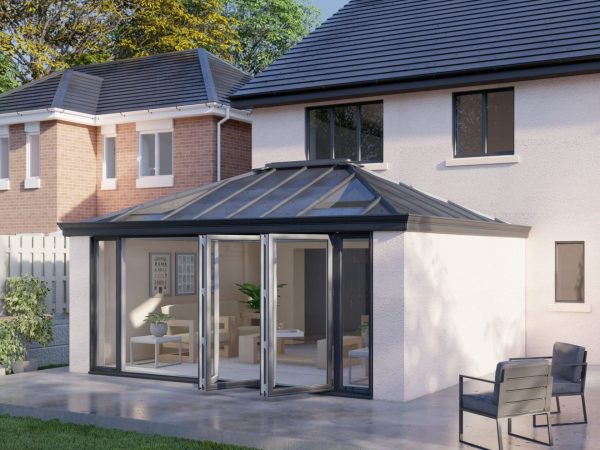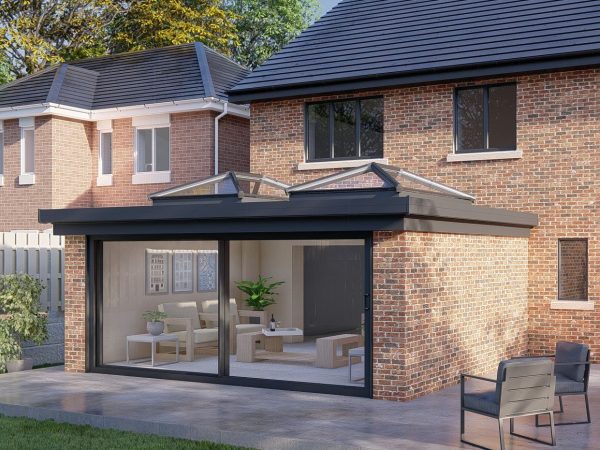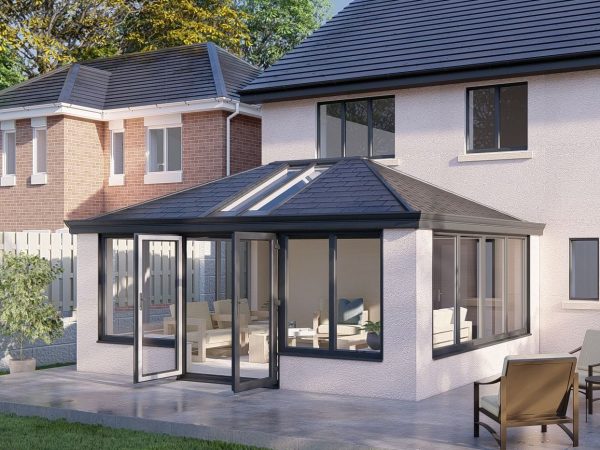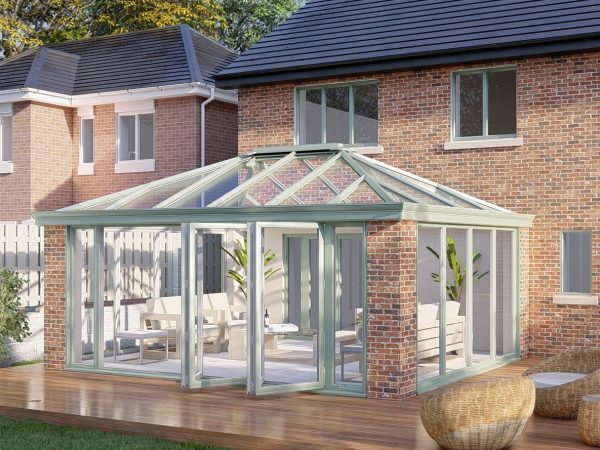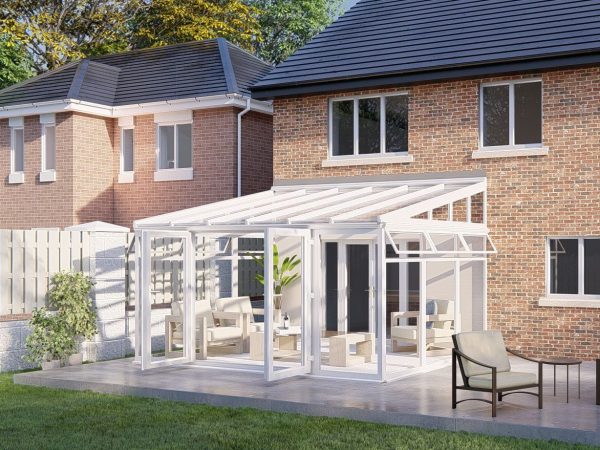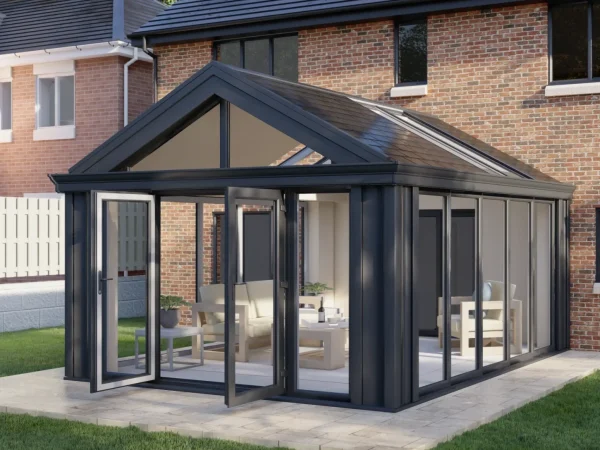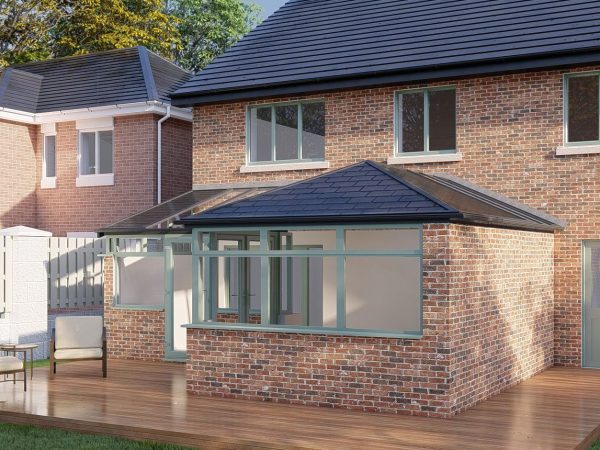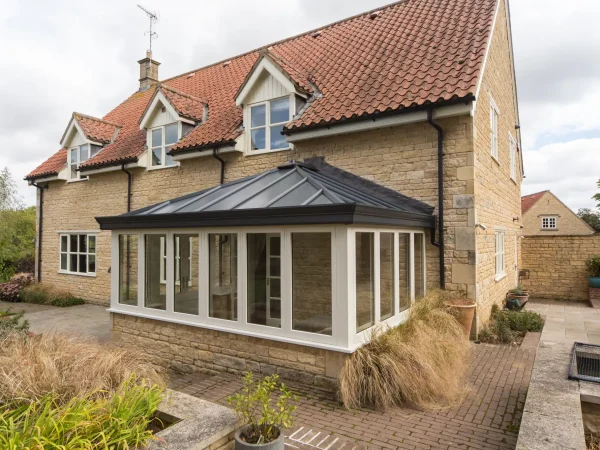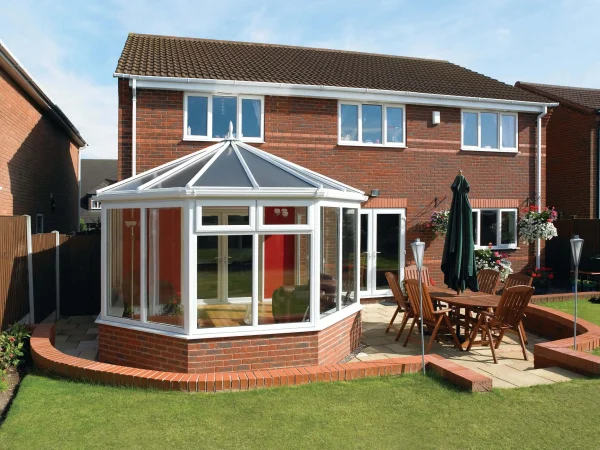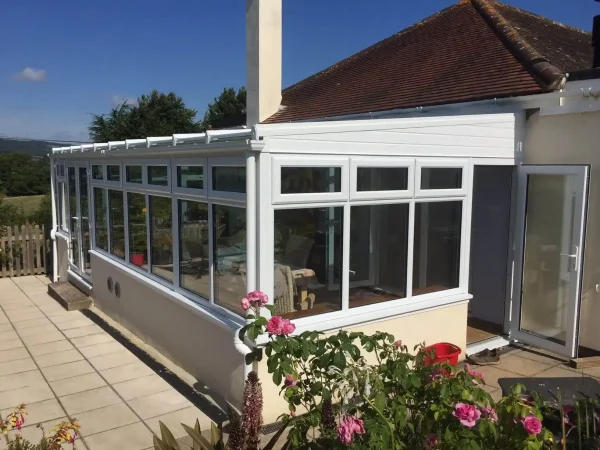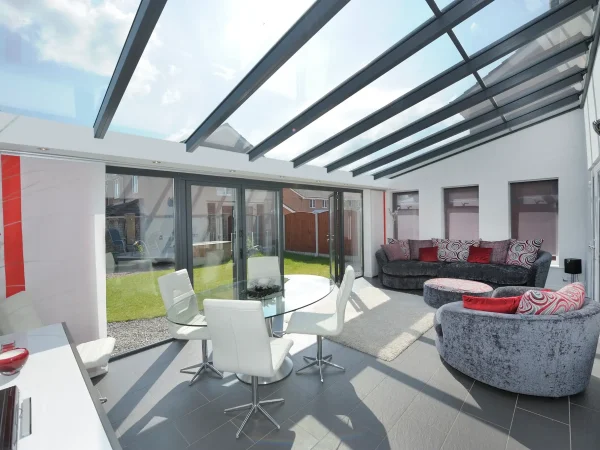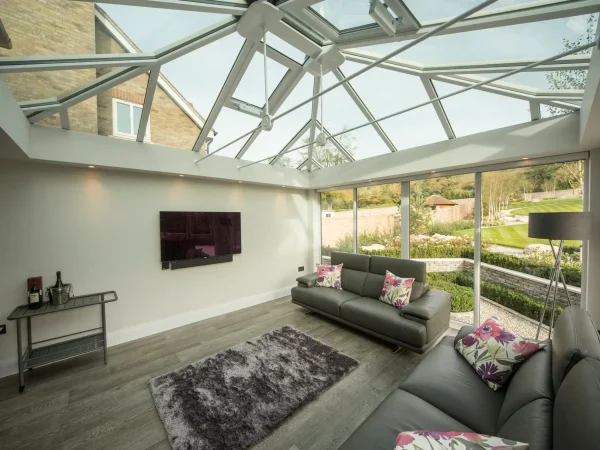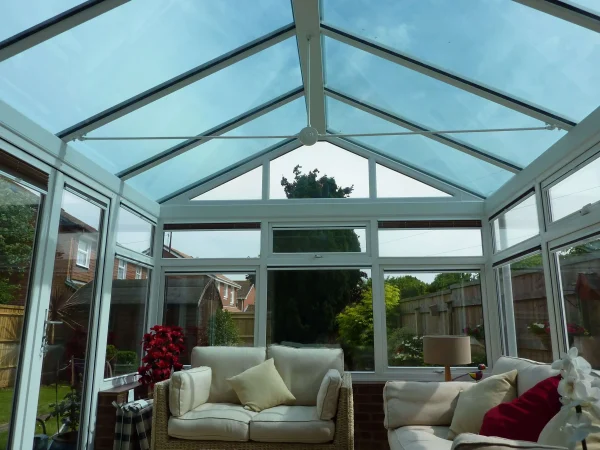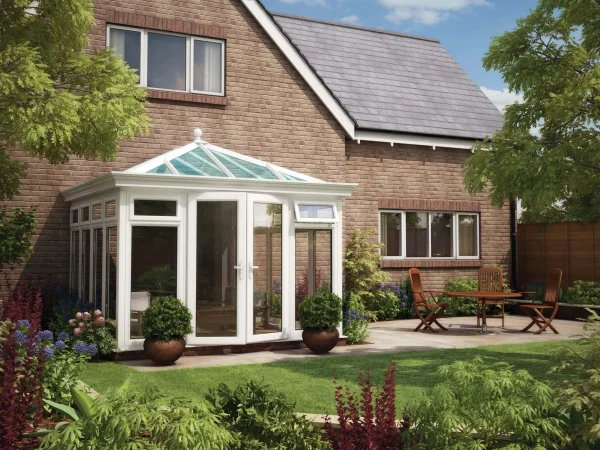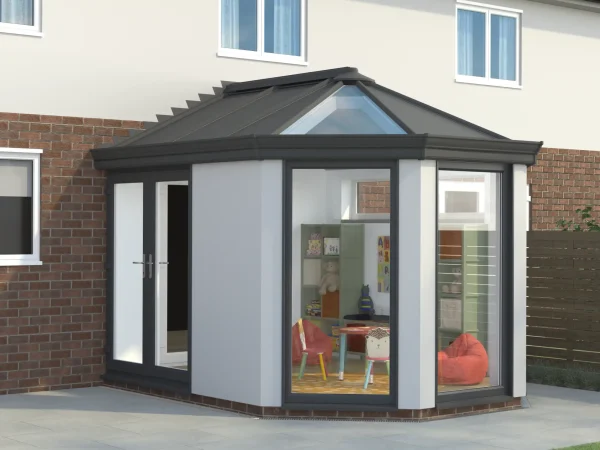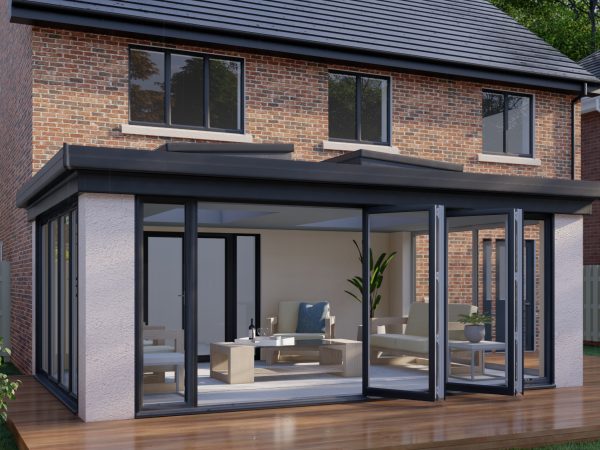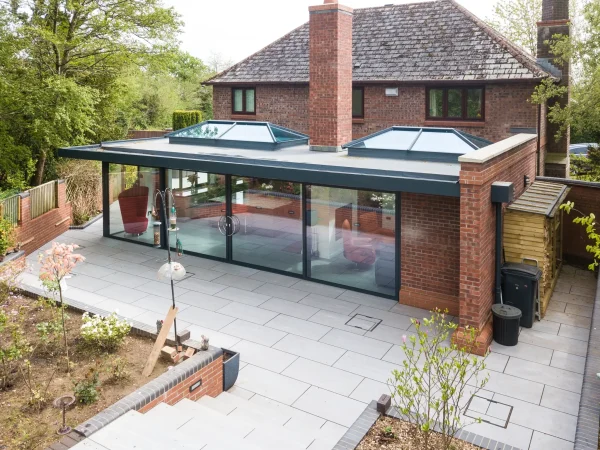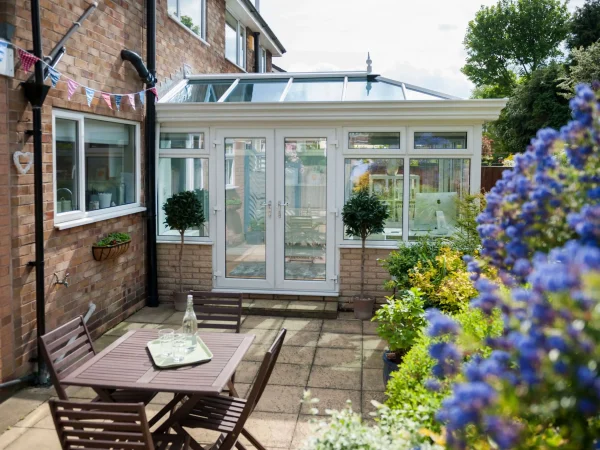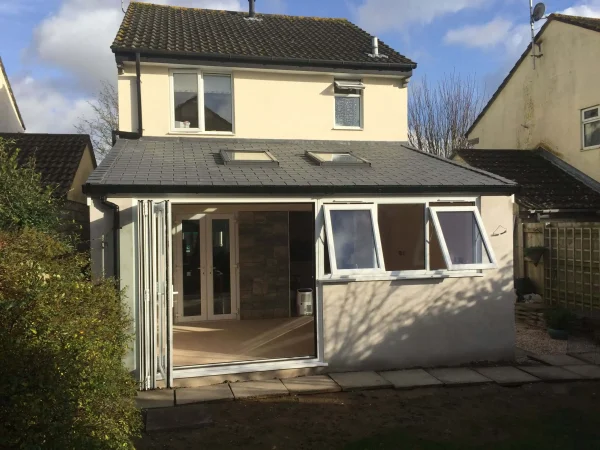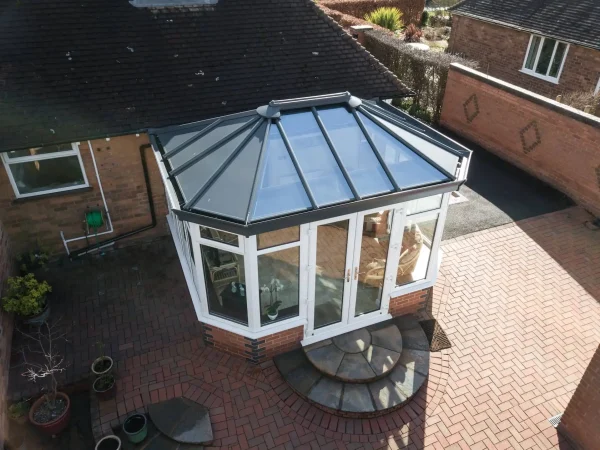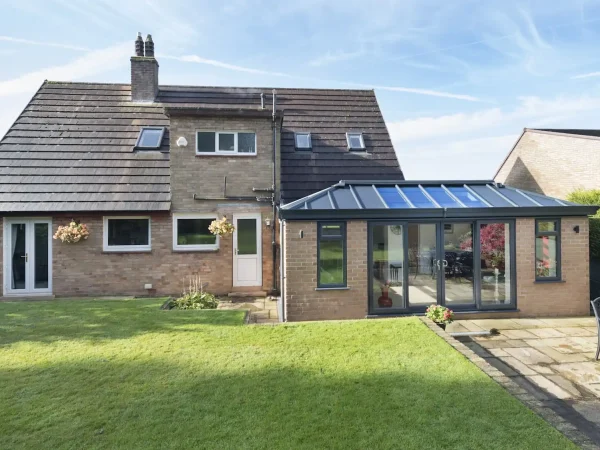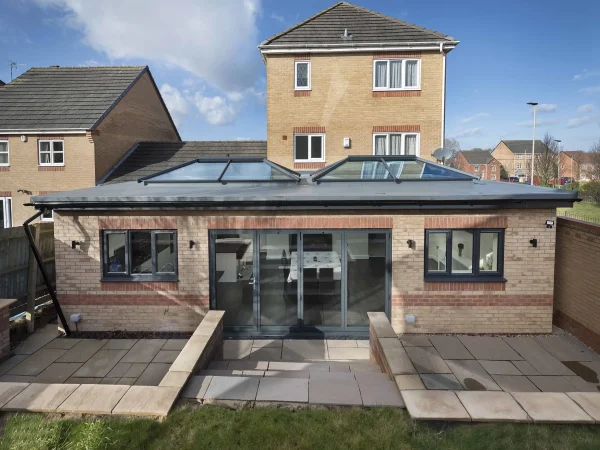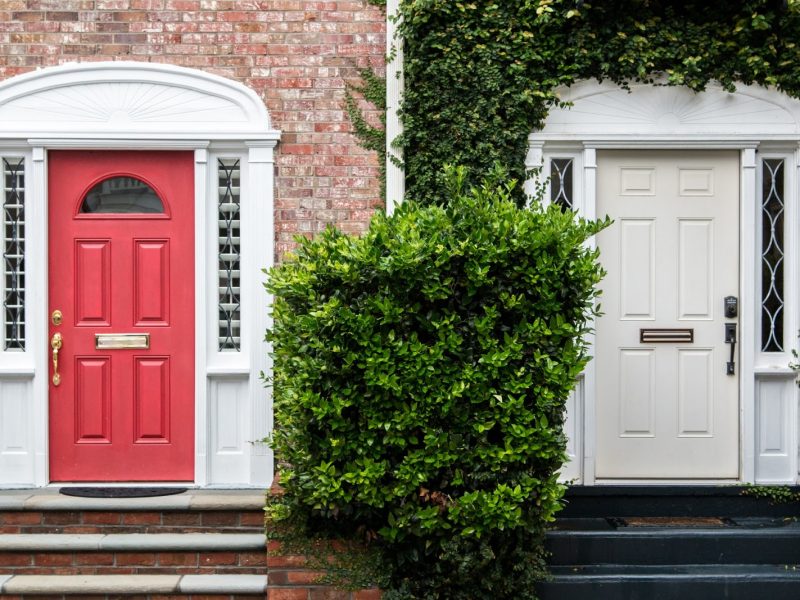What do you want from your front door?
No two homes are the same – so the best place to start is by thinking about your house, and what’s important to you. Do you live in an older property or a new build? And do you want a door in keeping with its current style, or something that gives your home’s exterior a completely new feel? Either way, the style you choose should complement your house. The area you live in might also affect your decision. If you live on a main road, noise reduction is key. These are just a couple of things to keep in mind as you weigh up the options.
What is a PVCu panel door?
PVCu stands for Unplasticised Polyvinyl Chloride – a type of tough plastic that encases the door’s steel frame. While the door might have a plasticky finish, this doesn’t mean any compromise on quality or looks. PVCu panel doors are incredibly durable, are proven to stand the test of time, and we offer a vast array of different colours and wood finishes.
What are the advantages of PVCu?
Secure – The steel core beneath the lightweight plastic means PVCu panel doors are near impossible to break, and as they come with a built-in multi-point stainless steel locking mechanism, they offer maximum security against intruders.
Price – PVCu panel doors are the most cost-effective way to keep your home secure. If you’re looking for the best all-round solution within a tighter budget, it’s hard to go wrong with PVCu – and at Britannia, we have a huge range of glazing and colour options to choose from, including decorative glass.
Low maintenance – Unlike other materials, PVCu doesn’t require any form of varnishing, sanding or repainting, so once your door’s installed, it’ll look as good as new for many years. Any build-up of grime or dirt can be easily tackled with a quick wipe down using soap and water.
Insulation – PVCu panel doors have a multi-chamber profile and advanced glass technology that adds an extra layer of insulation – preventing noise from coming in, and heat getting out. The combination of a more peaceful home, and lower energy bills – what’s not to love?
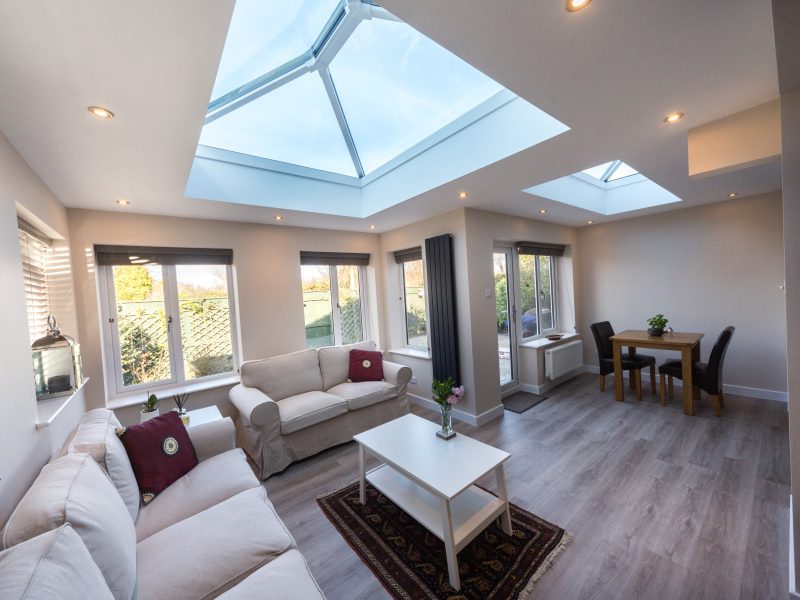 Architect Designed Living Spaces
Architect Designed Living Spaces
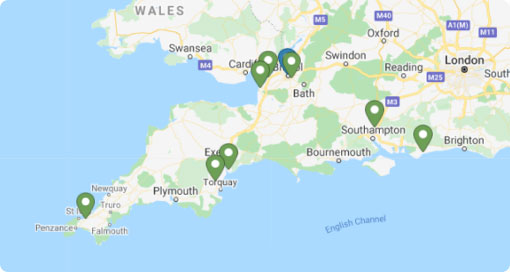 Find Your Local Showroom
Find Your Local Showroom
